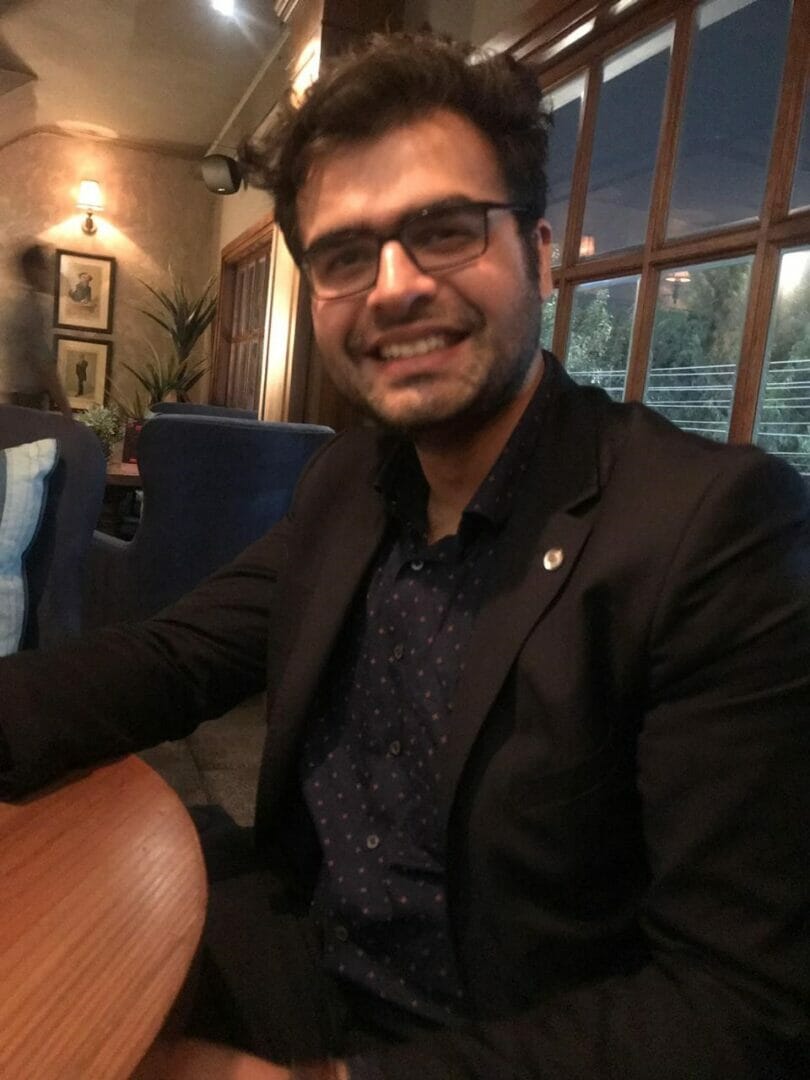
RSK Group, the UK’s leading integrated environmental, engineering and technical services business, is pleased to announce that it is replacing its lead-acid batteries with modern lithium-ion batteries across its entire portfolio of real-time noise, vibration and air quality monitoring systems. In addition to the environmental advantages, this will also bring many client benefits.
The move follows a review of the current battery technologies used by RSK, with the results showing how a change from lead-acid to lithium-ion chemistry, a much cleaner technology, would not only be safer for the environment, but would result in a reduced carbon footprint.
As well as the safety and environmental benefits, client advantages are also in abundance. The lithium-ion batteries are only a third of the weight of lead-acid, yet their efficiency is nearly 100% greater in both charge and discharge, allowing for the same amp hours in and out. This, together with their ability to be discharged 100% without impacting their performance (compared with lead-acid, at typically 50%), delivers longevity gains for real-time monitoring systems on site. Their lifecycle is also typically 10x greater than lead-acid, delivering a much longer life and cost in use over time.
Speaking about the switch to lithium-ion batteries, Siddharth Grover, Associate Director for Environment, Health & Safety division at RSK said: “RSK is always looking for ways to lower its carbon footprint and while the switch from lead-acid to lithium-ion may only be small, the impact has been tremendous, bringing not only the desired environmental benefit, but also numerous client benefits. This has included pro-longing the life of our real-time monitoring systems on site, an act that has been acknowledged by clients on many projects including the Barking Riverside Extension, London; Midland Metro Alliance, Birmingham; HS2; London City Airport; and Copperas Hill, Liverpool.”
Siddharth added: “Being able to extend the longevity on site of our real-time monitoring equipment means that the contractor or client saves substantial amounts on maintenance visits related to battery changes and system inspections. It is estimated that for a long-term monitoring project spanning between 50-100 weeks, there can be cost savings up to 30-40%, in addition to providing an innovative and reliable solution”.
RSK has been working closely with its Swedish Partner in Sigicom Ltd. to assist in this transition. RSK and Sigicom Ltd. share an excellent working relationship that is continually growing from strength to strength with numerous collaborations across the UK. The Sigicom UK division is led by Simon Perry, and the global division by Torbjorn Rehnstrom.
